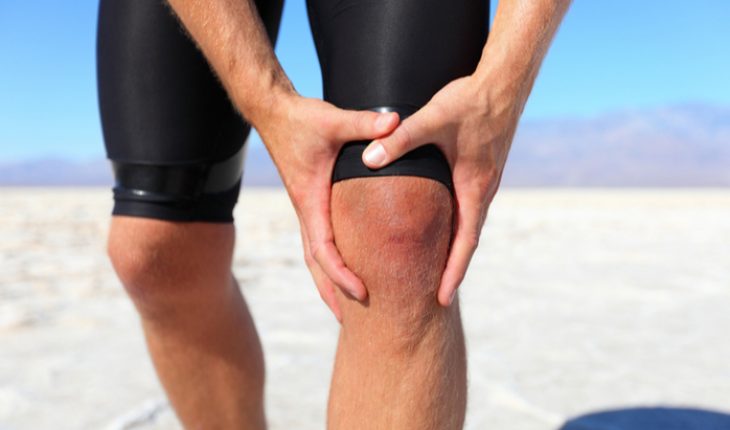Could lipid ibuprofen be a first-line OTC option for flaring joint pain? Joint pain is a common problem with many possible causes. Osteoarthritis (OA) is the most common joint disease in the UK, causing joint pain and stiffness. The knee joint is probably the most frequently affected.
As well as joint damage, muscle weakness is a key element in driving OA pain. The importance of building up muscle strength to reduce joint pain and improve function cannot be overemphasised. This is a vital part of pain management – together with diet, coping strategies and pharmacological treatments.
As well as joint damage, muscle weakness is a key element in driving OA pain. The importance of building up muscle strength to reduce joint pain and improve function cannot be overemphasised. This is a vital part of pain management – together with diet, coping strategies and pharmacological treatments.
For many, self-management, incorporating the use of over-the-counter (OTC) medicines, such as ibuprofen, has been popular way of providing short-term pain relief. However – ibuprofen has often been associated with GI irritation – particularly when taken for longer periods, or in higher doses.
A recently-published study in Osteoarthritis and Cartilage – FLaring Arthralgia Relief Evaluation (FLARE) – investigated the short-term efficacy and safety of a novel lipid-formulated ibuprofen compared with standard ibuprofen in episodic knee arthralgia/flaring pain.
Lipid-formulated ibuprofen can be considered a new-generation ibuprofen. Unlike the standard formulation of ibuprofen, it encases the drug in lipids. Consequently, it is absorbed differently by the body – potentially shielding the stomach from damage.1
The double-blind, randomised study was conducted among 462 patients in 27 primary care centres in the UK and the Netherlands – and is the first to investigate episodic knee pain flares in primary care patients.1
More than half the patients were male (58.9%) with an average age of 52.2 years, which is noticeably younger than the general osteoarthritis population. In addition, unlike many pain studies which evaluate either chronic or acute pain, the patients in this study were enrolled within 24 hours of an active knee flare.
The main objective of the trial was to determine if a five-day course of lipid- formulated ibuprofen capsules (1200 mg total daily dose) was non-inferior to standard soft gel ibuprofen capsules (1200mg /day or 2400mg/day) using the WOMAC pain subscale (Western Ontario and McMaster Universities Osteoarthritis Index).1
The results showed lipid-formulated ibuprofen 1200mg/day to be as effective as prescription-strength ibuprofen (2400mg/day) at relieving flaring joint pain. It also revealed significantly less drug-related GI adverse events in the lipid 1200mg/day group (p=0.01) compared to the standard ibuprofen soft-gel 2400mg group.
The results showed lipid-formulated ibuprofen 1200mg/day to be as effective as prescription-strength ibuprofen (2400mg/day) at relieving flaring joint pain. It also revealed significantly less drug-related GI adverse events in the lipid 1200mg/day group (p=0.01) compared to the standard ibuprofen soft-gel 2400mg group.
This trial is the first ibuprofen study to demonstrate a reduction of pain in active flares over such a short duration. Significantly, it also provides real-word data. For example, a five-day treatment period was chosen because it reflects a typical period over which patients may expect relief to be achieved with an OTC medicine before seeking medical advice. It also studies a representative, patient population.
While approaches to joint pain management should always be multifaceted – based on the results of this study, we now have good clinical evidence to show that combining ibuprofen in a lipid formulation can provide effective flare up control. As a result, it can be considered as a first-line OTC treatment option for the self-management of flaring joint pain.
Lipid-formulated ibuprofen is commercially known as Flarin® 200mg soft capsules and is available from today in UK pharmacies. www.flarin.co.uk Always read the label.
Professor Philip Conaghan is Professor of Musculoskeletal Medicine, University of Leeds, and co-author of the FLARE Study.
- OTC lipid ibuprofen first-line treatment for joint pain - 24th January 2018







